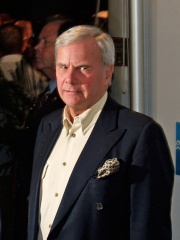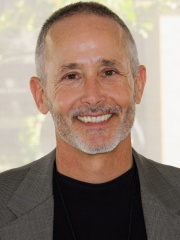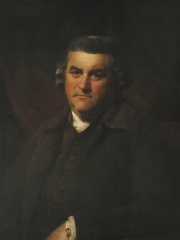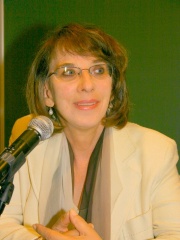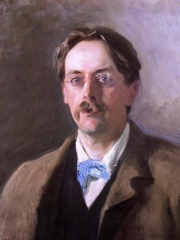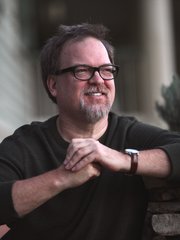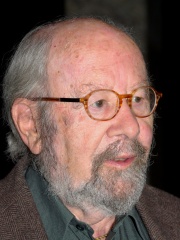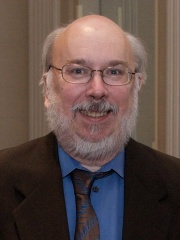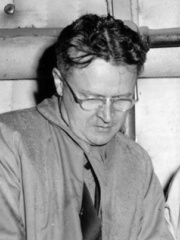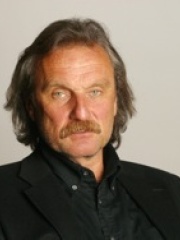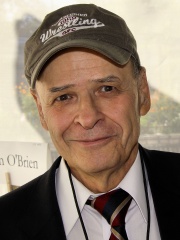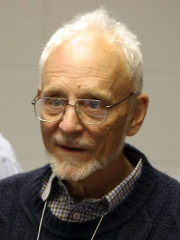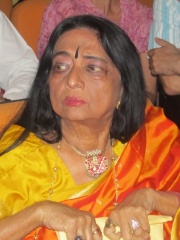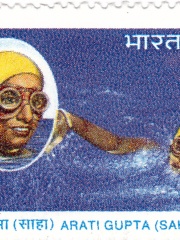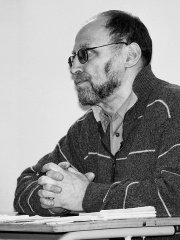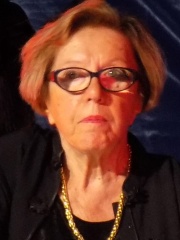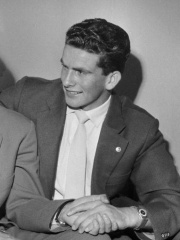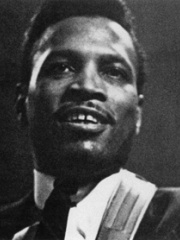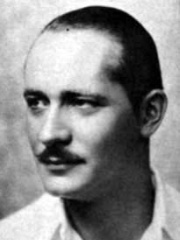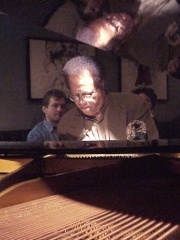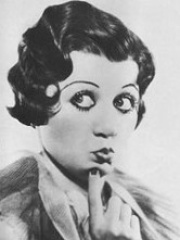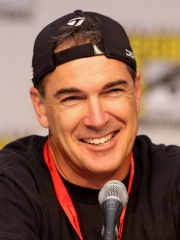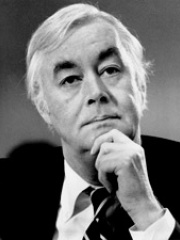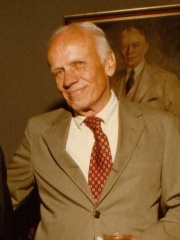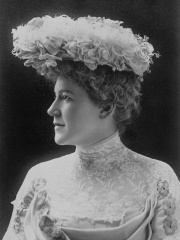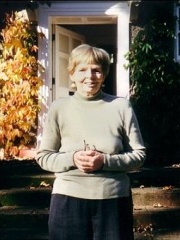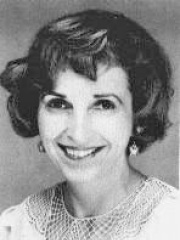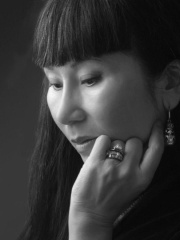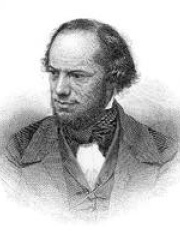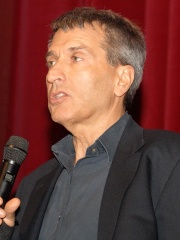Writer
Tom Brokaw
1940 - today
EN.WIKIPEDIA PAGE VIEWS (PV)
 Tom Brokaw
Tom Brokaw
His biography is available in 35 different languages on Wikipedia. Tom Brokaw is the 6,030th most popular writer (down from 5,977th in 2024), the 10,335th most popular biography from United States (down from 9,643rd in 2019) and the 751st most popular American Writer.
Memorability Metrics
Page views of Tom Brokaw by language
Among Writers
Among writers, Tom Brokaw ranks 6,030 out of 7,302. Before him are Steven Saylor, Thomas Warton, Luisa Valenzuela, Svetlana Makarovič, Tara Westover, and Edmund Gosse. After him are Greg Iles, José Manuel Caballero, Henry Jenkins, Charles Brackett, Christoph Ransmayr, and Tim O'Brien.
Most Popular Writers in Wikipedia
Go to all RankingsSteven Saylor
1956 - Present
HPI: 52.58
Rank: 6,024
Thomas Warton
1728 - 1790
HPI: 52.57
Rank: 6,025
Luisa Valenzuela
1938 - Present
HPI: 52.57
Rank: 6,026
Svetlana Makarovič
1939 - Present
HPI: 52.57
Rank: 6,027
Tara Westover
1986 - Present
HPI: 52.57
Rank: 6,028
Edmund Gosse
1849 - 1928
HPI: 52.55
Rank: 6,029
Tom Brokaw
1940 - Present
HPI: 52.55
Rank: 6,030
Greg Iles
1960 - 2025
HPI: 52.55
Rank: 6,031
José Manuel Caballero
1926 - 2021
HPI: 52.55
Rank: 6,032
Henry Jenkins
1958 - Present
HPI: 52.54
Rank: 6,033
Charles Brackett
1892 - 1969
HPI: 52.54
Rank: 6,034
Christoph Ransmayr
1954 - Present
HPI: 52.53
Rank: 6,035
Tim O'Brien
1946 - Present
HPI: 52.53
Rank: 6,036
Contemporaries
Among people born in 1940, Tom Brokaw ranks 525. Before him are Elwyn Berlekamp, Chris Menges, Bruno Nicolè, Ernesto Cisneros, Juliet Mitchell, and Yamini Krishnamurthy. After him are Arati Saha, Dmitri Prigov, Danièle Sallenave, John Castle, Tommy Troelsen, and Mutsuhiko Nomura.
Others Born in 1940
Go to all RankingsElwyn Berlekamp
MATHEMATICIAN
1940 - 2019
HPI: 52.79
Rank: 519
Chris Menges
FILM DIRECTOR
1940 - Present
HPI: 52.77
Rank: 520
Bruno Nicolè
SOCCER PLAYER
1940 - 2019
HPI: 52.74
Rank: 521
Ernesto Cisneros
SOCCER PLAYER
1940 - Present
HPI: 52.71
Rank: 522
Juliet Mitchell
POLITICIAN
1940 - Present
HPI: 52.68
Rank: 523
Yamini Krishnamurthy
DANCER
1940 - 2024
HPI: 52.56
Rank: 524
Tom Brokaw
WRITER
1940 - Present
HPI: 52.55
Rank: 525
Arati Saha
SWIMMER
1940 - 1994
HPI: 52.52
Rank: 526
Dmitri Prigov
WRITER
1940 - 2007
HPI: 52.48
Rank: 527
Danièle Sallenave
WRITER
1940 - Present
HPI: 52.48
Rank: 528
John Castle
ACTOR
1940 - Present
HPI: 52.45
Rank: 529
Tommy Troelsen
SOCCER PLAYER
1940 - 2021
HPI: 52.41
Rank: 530
Mutsuhiko Nomura
SOCCER PLAYER
1940 - Present
HPI: 52.36
Rank: 531
In United States
Among people born in United States, Tom Brokaw ranks 10,337 out of NaN. Before him are Magic Sam (1937), Norman Kerry (1894), Bruce Broughton (1945), Cedar Walton (1934), T. J. Thyne (1975), and Mae Questel (1908). After him are Patrick Warburton (1964), Dan Fogler (1976), Daniel Patrick Moynihan (1927), Stephanie Hsu (1990), Tyler Reks (1978), and Dyanna Lauren (1965).
Others born in United States
Go to all RankingsMagic Sam
SINGER
1937 - 1969
HPI: 52.56
Rank: 10,331
Norman Kerry
ACTOR
1894 - 1956
HPI: 52.56
Rank: 10,332
Bruce Broughton
COMPOSER
1945 - Present
HPI: 52.56
Rank: 10,333
Cedar Walton
MUSICIAN
1934 - 2013
HPI: 52.56
Rank: 10,334
T. J. Thyne
ACTOR
1975 - Present
HPI: 52.56
Rank: 10,335
Mae Questel
ACTOR
1908 - 1998
HPI: 52.55
Rank: 10,336
Tom Brokaw
WRITER
1940 - Present
HPI: 52.55
Rank: 10,337
Patrick Warburton
ACTOR
1964 - Present
HPI: 52.55
Rank: 10,338
Dan Fogler
ACTOR
1976 - Present
HPI: 52.55
Rank: 10,339
Daniel Patrick Moynihan
POLITICIAN
1927 - 2003
HPI: 52.55
Rank: 10,340
Stephanie Hsu
ACTOR
1990 - Present
HPI: 52.55
Rank: 10,341
Tyler Reks
WRESTLER
1978 - Present
HPI: 52.55
Rank: 10,342
Dyanna Lauren
PORNOGRAPHIC ACTOR
1965 - Present
HPI: 52.55
Rank: 10,343
Among Writers In United States
Among writers born in United States, Tom Brokaw ranks 751. Before him are Walker Percy (1916), Ella Wheeler Wilcox (1850), Carol Shields (1935), Marilyn Ferguson (1938), Steven Saylor (1956), and Tara Westover (1986). After him are Henry Jenkins (1958), Charles Brackett (1892), Tim O'Brien (1946), Amy Tan (1952), Rufus Wilmot Griswold (1815), and Nicholas Meyer (1945).
Walker Percy
1916 - 1990
HPI: 52.60
Rank: 745
Ella Wheeler Wilcox
1850 - 1919
HPI: 52.60
Rank: 746
Carol Shields
1935 - 2003
HPI: 52.59
Rank: 747
Marilyn Ferguson
1938 - 2008
HPI: 52.58
Rank: 748
Steven Saylor
1956 - Present
HPI: 52.58
Rank: 749
Tara Westover
1986 - Present
HPI: 52.57
Rank: 750
Tom Brokaw
1940 - Present
HPI: 52.55
Rank: 751
Henry Jenkins
1958 - Present
HPI: 52.54
Rank: 752
Charles Brackett
1892 - 1969
HPI: 52.54
Rank: 753
Tim O'Brien
1946 - Present
HPI: 52.53
Rank: 754
Amy Tan
1952 - Present
HPI: 52.50
Rank: 755
Rufus Wilmot Griswold
1815 - 1857
HPI: 52.50
Rank: 756
Nicholas Meyer
1945 - Present
HPI: 52.49
Rank: 757
